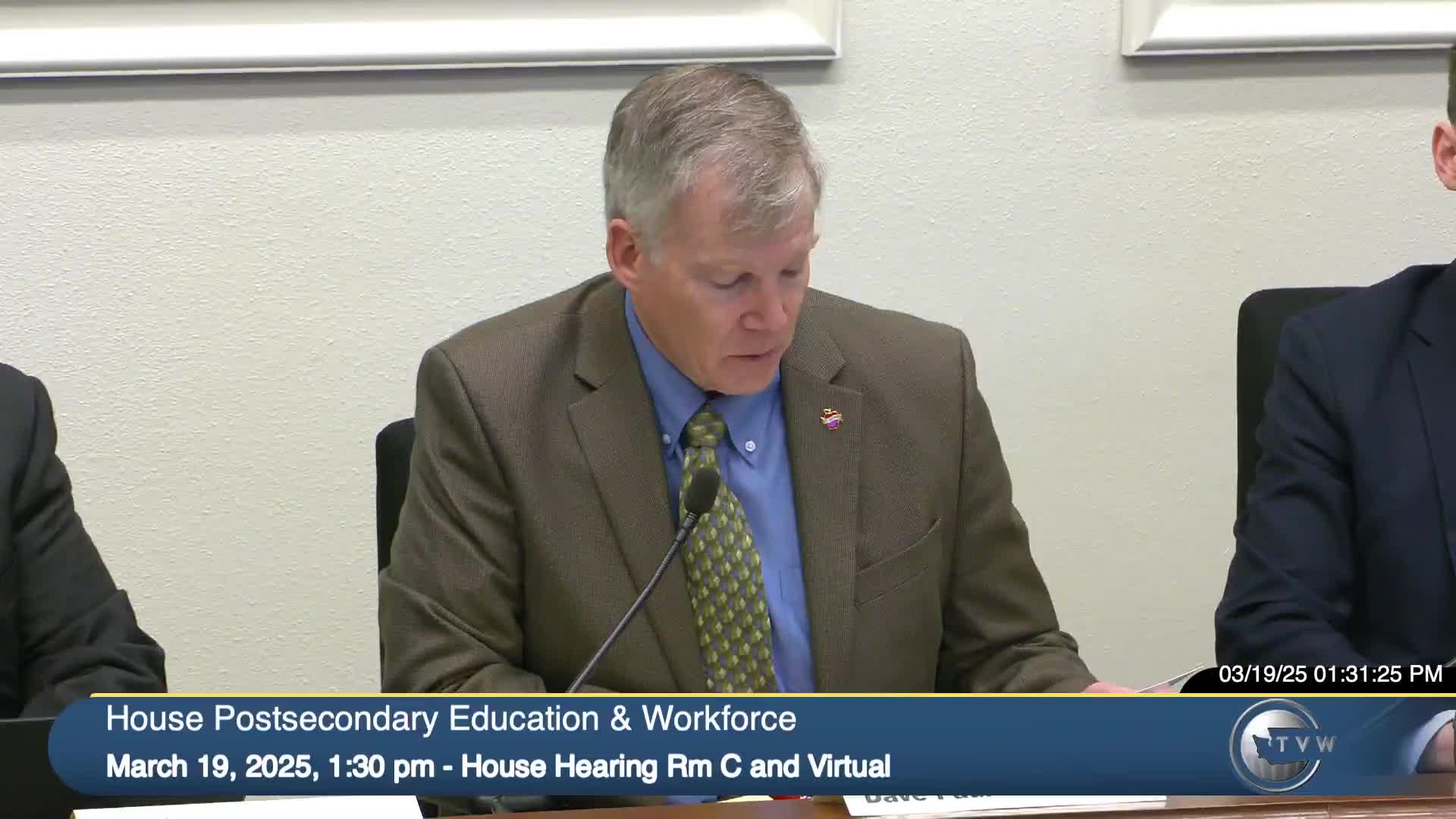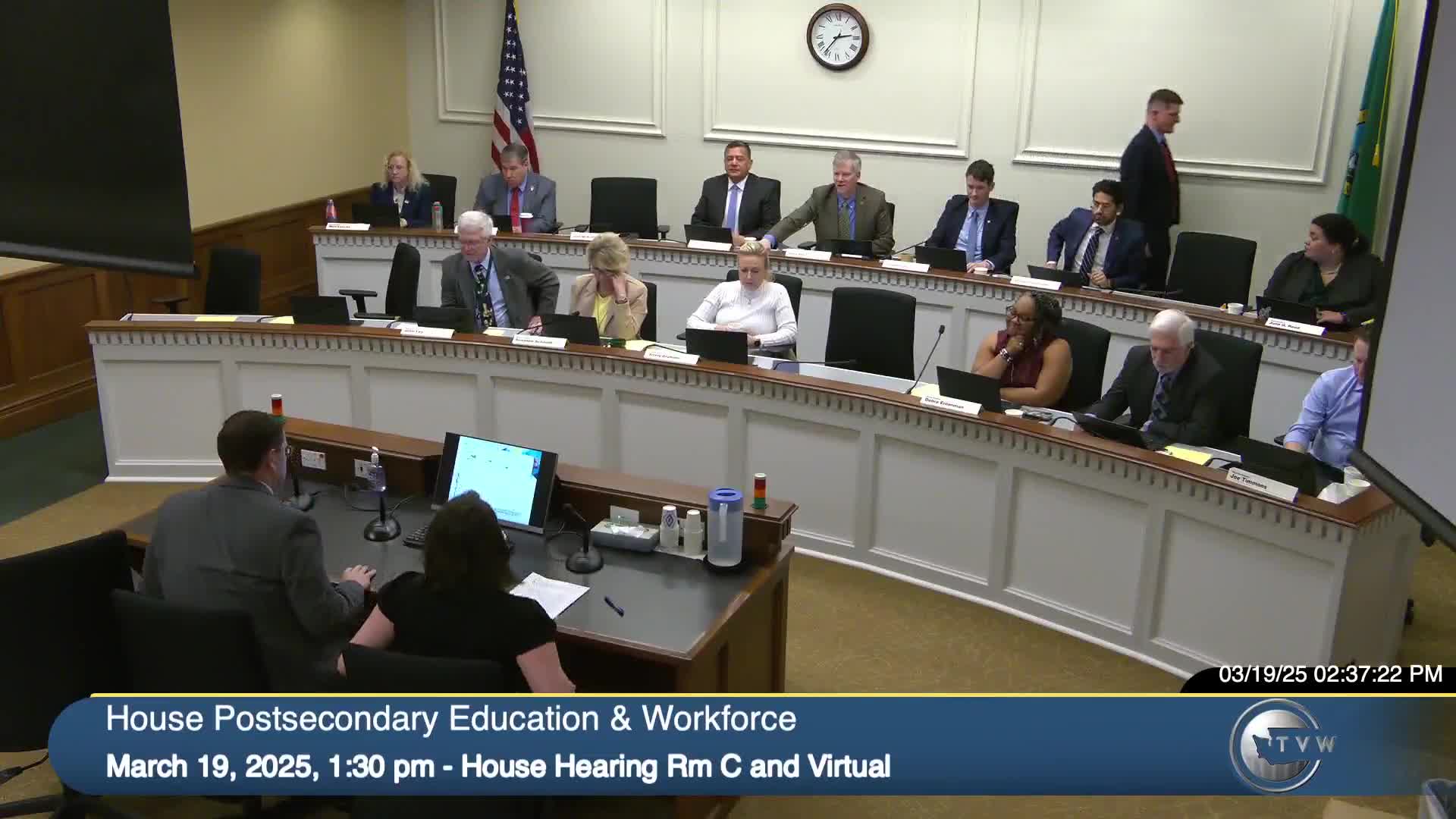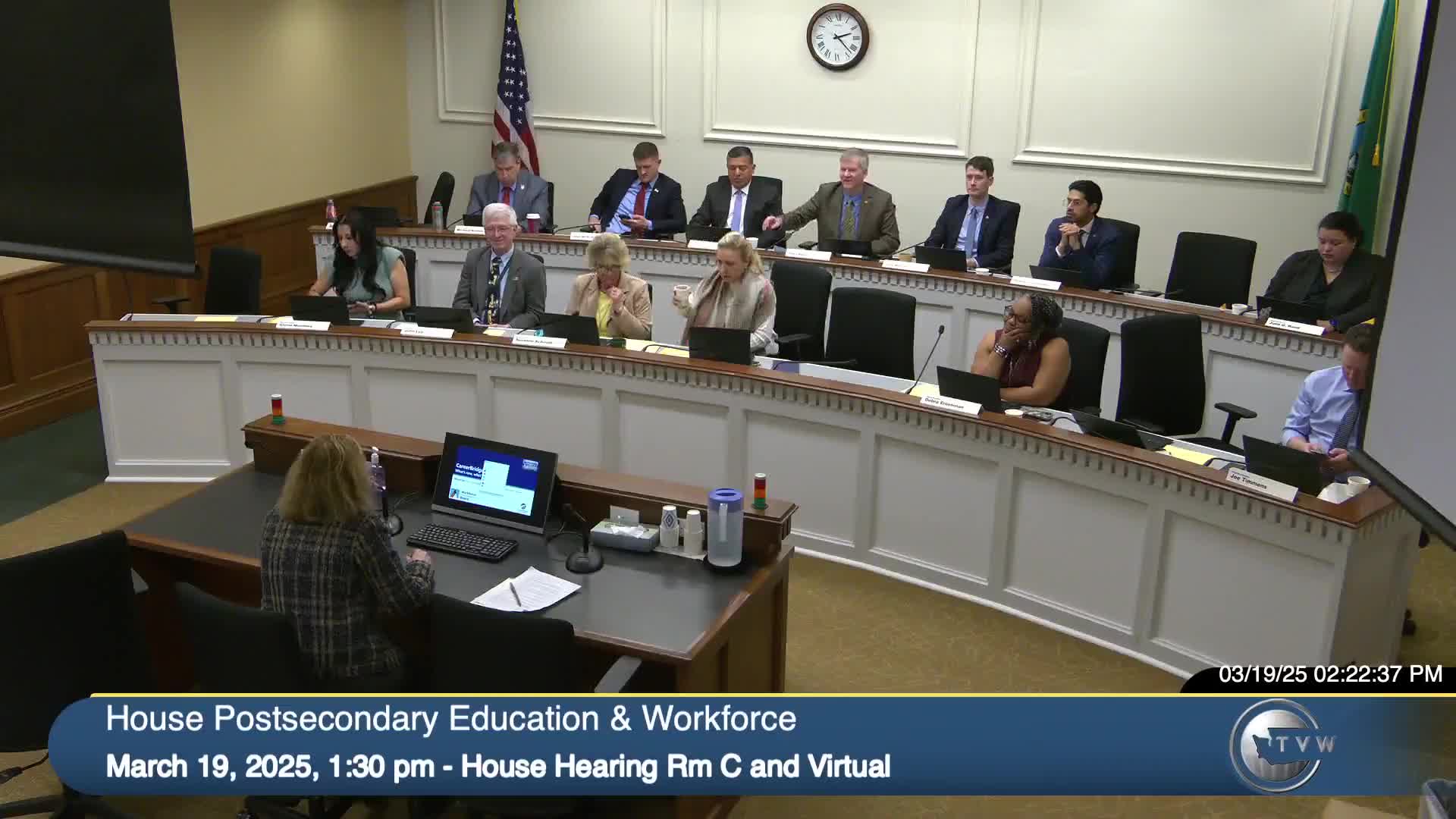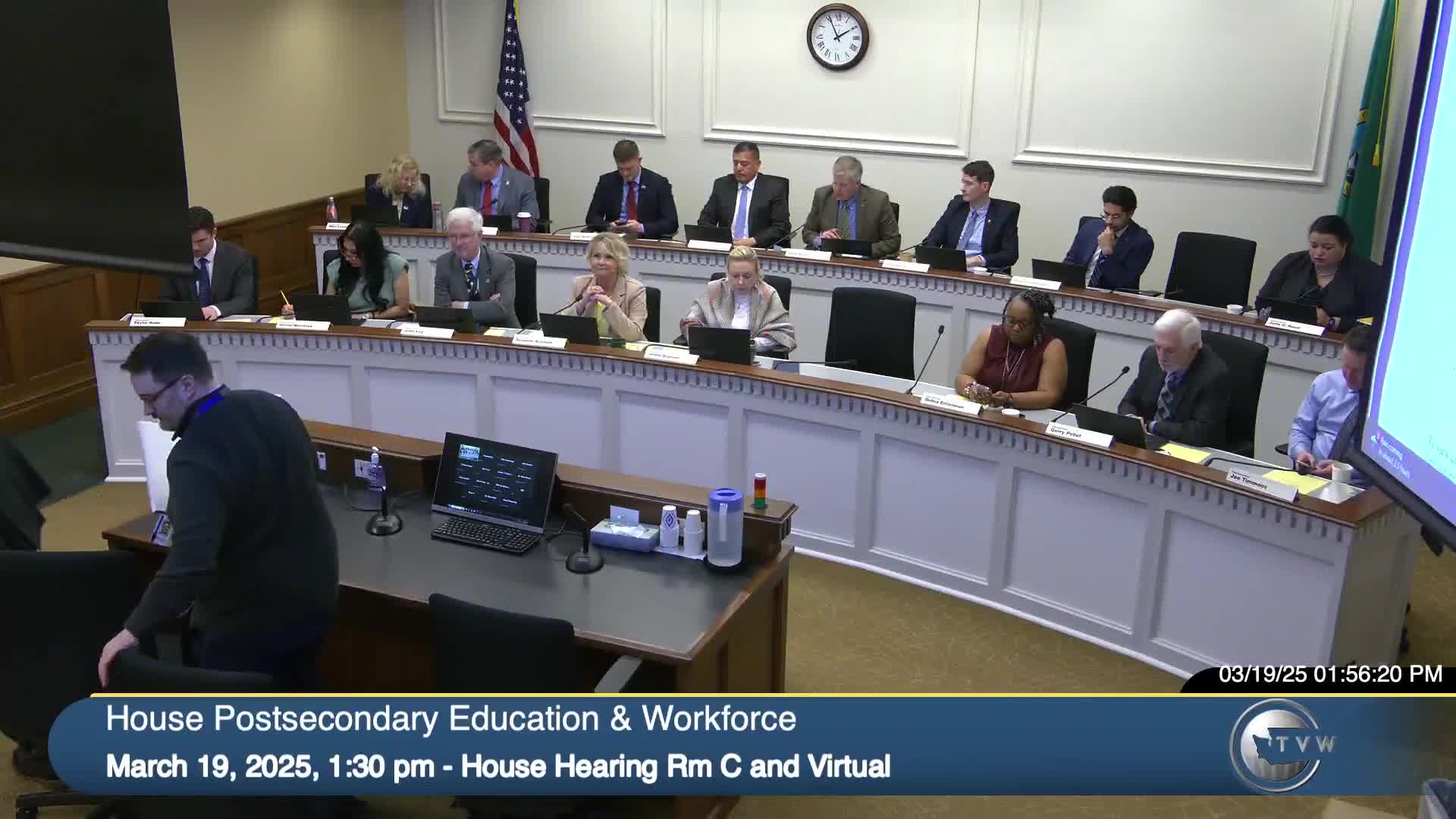Article not found
This article is no longer available. But don't worry—we've gathered other articles that discuss the same topic.

CareerConnect Washington grants support business-education partnerships; Fred Hutch’s Lab Launch cited as model

State worker retraining program serves dislocated and vulnerable workers; colleges report strong employment outcomes

Career Bridge portal to relaunch with mobile‑friendly design, new tools and enhanced outcomes data

